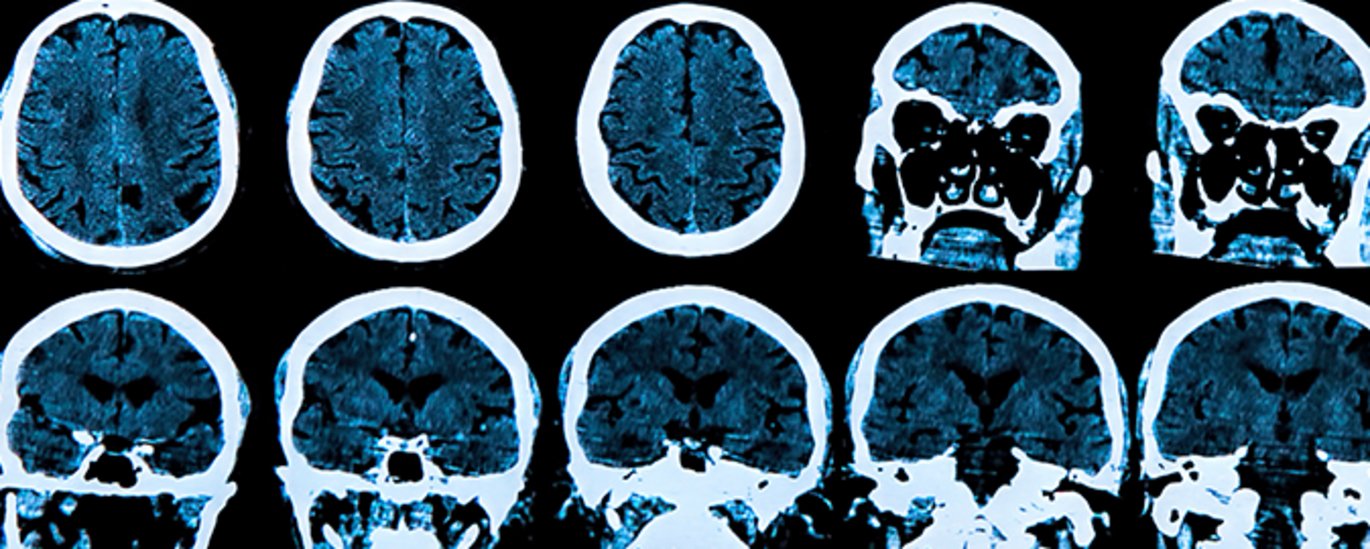Grant worth DKK 75 M for neuroscience in Aarhus
The Lundbeck Foundation is giving the DANDRITE neuroscience centre at Aarhus University funding to spend on research up to 2028. The funds worth DKK 75 M (EUR 10 M) will primarily be spent on recruitment of five new DANDRITE group leaders to head individual neuroscience research programmes.

If you are to have any hope of understanding the brain’s mechanisms and disorders, you need clever minds, lots of money and uncompromising research year in and year out.
And it was the ambition to create a neuroscience environment of this kind – focusing on attracting exceptional international research profiles – that prompted the Lundbeck Foundation and Aarhus University (AU) to establish DANDRITE (Danish Research Institute of Translational Neuroscience) in 2013.
The neuroscience centre is part of AU, and in the period between 2013 and 2020, the Lundbeck Foundation granted a total of DKK 120 million for DANDRITE to spend on research.
The Lundbeck Foundation is now awarding the centre a further research grant.
This grant, which was recently approved by the Foundation’s board of directors, is worth DKK 75 million. The funds will be paid out over the course of the next several years, up to 2028, and will primarily be spent on recruitment of five new DANDRITE group leaders to head individual neuroscience research programmes.
‘We consider DANDRITE a strong programme for strengthening the international profile and standard of Danish research into the brain and its disorders,’ says Jan Egebjerg, Director of Research at the Lundbeck Foundation.
‘With its funding for DANDRITE, the Lundbeck Foundation wishes to stimulate talent development and strengthen the Danish neuroscience community by recruiting talented scientists from abroad and giving them the opportunity to develop their extremely ambitious research projects in Denmark.’
‘The Lundbeck Foundation grant will ensure that we’ll continue to have opportunities to develop new methods and introduce them to Danish neuroscience – with recruitment of new group leaders as the key approach,’ says Professor Poul Nissen, Director of DANDRITE.
And Professor Nissen points out another benefit of the grant: ‘it will give DANDRITE opportunities to promote talent development at all levels of the field of neuroscience’.
A BROAD SPECTRUM
- DANDRITE is located at Aarhus University. The centre is a node of Nordic EBML – the Nordic partnership for molecular medicine.(EMBL stands for European Molecular Biology Laboratory.) (For further information about EMBL/DANDRITE)
- DANDRITE has recruited five new research groups. Together with the three existing groups at Aarhus University, they focus on a broad range of neuroscience topics and challenges.
- Many of their studies deal with biochemical mechanisms underlying psychiatric diseases or dementia disorders such as Parkinson’s and Alzheimer’s.
New fields of research at DANDRITE include memory formation, neuronal basis of decision-making and understanding neural circuits in visual systems. - Many of the studies on which DANDRITE research is based involve mice, rats and fruit flies, all of which have brain functions similar to those of the human brain.
- Daily management of DANDRITE is handled by three professors, Poul Nissen, Anders Nykjær and Poul Henning Jensen, and they each head one of the eight research groups. Other group leaders are recruited from the international research community. Current group leaders at DANDRITE include scientists from Japan, Germany, Georgia, Iran and Australia.
For further information, please contact
Professor Poul Nissen
Department of Molecular Biology and Genetics/DANDRITE
Aarhus University, Denmark
pn@mbg.au.dk – +45 2899 2295
